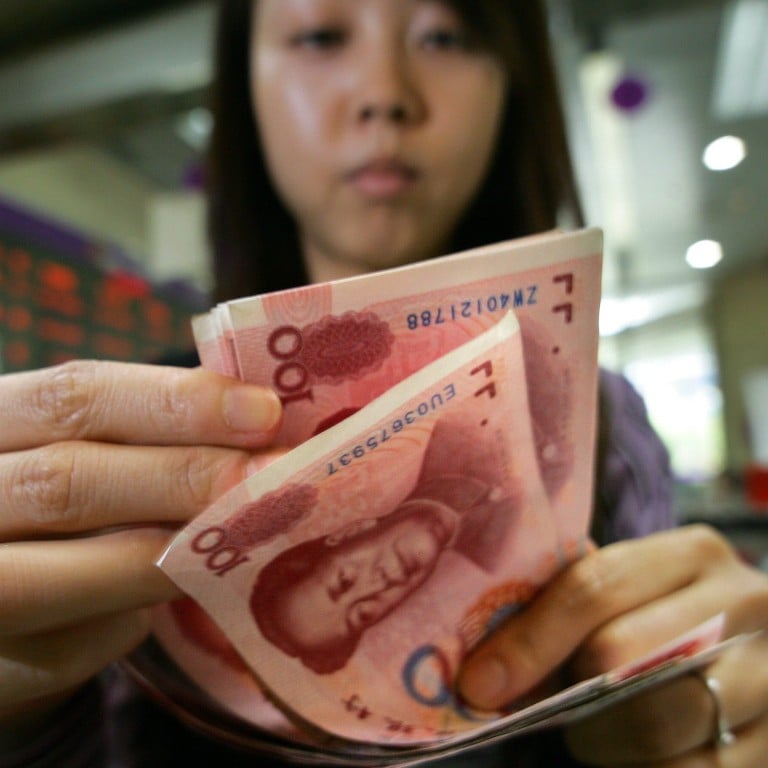
China could boost demand and ease deflation with cash payments, analysts say
- Research institutions and observers have suggested demand stimulus in the form of cash payments could prevent potential deflationary spiral
- Direct cash injection would encourage businesses to expand and boost activity, but policymakers show no signs of interest
A lack of stimulus for demand in China could send prices toppling lower and pile more pressure onto China’s already faltering economy, researchers said this week.
“Without powerful policy interventions, the deflation expectation may become entrenched and start to hurt consumption and investment demands,” the Institute for International Finance said in a research note on Monday. It warned of a “downside risk if the demand-side stimulus is inadequate”.
Chinese officials are expected to target 5 per cent economic growth this year, but the International Monetary Fund has set its forecast for just 4.6 per cent.
Policy responses from Beijing would steer this year’s domestic economic performance, the research note said.
Demand stimulus normally raises inflation, while stimulating the supply side – which China has shown preference for – creates oversupply and leads to weak inflation, Beddor said.
Beijing may be holding back on stimulus now to see if that stance lets the property crisis unwind and return to normal on its own, said Dexter Roberts, the director of China affairs with the US-based University of Montana’s Mansfield Centre.
“The government has been criticised for kicking the can down the road and pumping more stimulus into the economy,” Roberts said.
“People are seeing their one big asset in the best case stay flat and in the worst case depreciate, so they don’t want to open their wallets and start spending,” Roberts said.
The biggest deflation factor is the high sense of insecurity … No one feels really secure about tomorrow
Investors are growing weary, Goldman Sachs has found.
The financial institution said on Sunday that investors in China had recently self-reported an average of 1.5 on a 10-point confidence scale, 10 being the highest. “Risks of sustained deflation are rising on continued supply-side expansion and no demand-side stimulus.”
Despite the evident need for a stimulus, the bank said, observers were not optimistic that need will be filled. “No local investors expected nationwide consumption coupon(s) this year during our conversations, despite the very low consumer confidence and deflationary pressures in recent months.
“In light of the authority’s continued emphasis on ‘high-quality development’, policymakers will only conduct piecemeal easing and will be using targeted measures only.”
Merchants who must cut prices under deflationary pressure might lay off workers rather than expand, Roberts said. He added they might sell their low-cost goods offshore, even at the risk of anti-dumping action overseas.
“The biggest deflation factor is the high sense of insecurity among businesspeople, private firms and officials,” said Chen Zhiwu, chair professor of finance at the University of Hong Kong. “No one feels really secure about tomorrow.”


